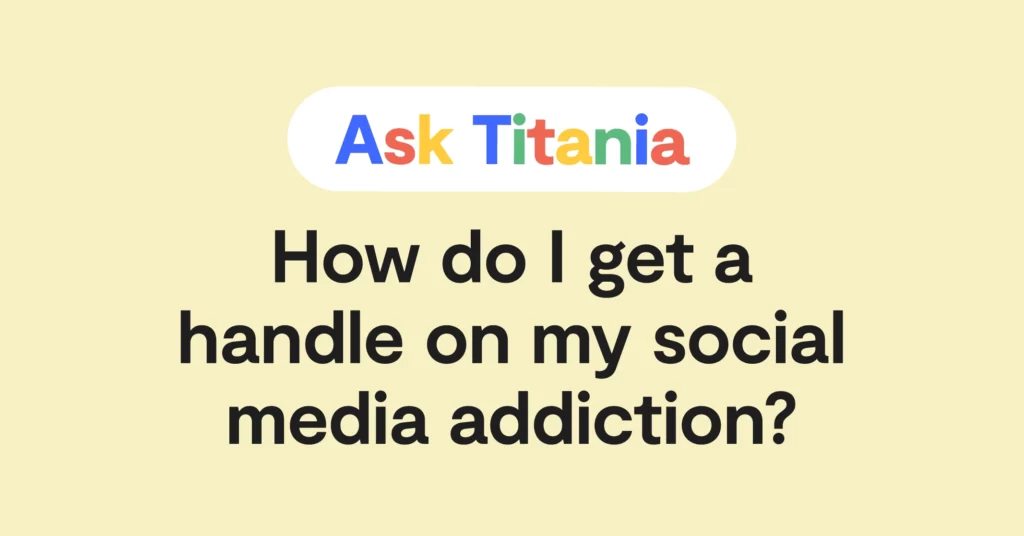
**This blog post was updated on January 16, 2024.**
As technology advances and kids find more ways to connect online, they’re more likely than ever before to run into online predators. According to Bark’s 2023 Annual Report, 8% of tweens and 10% of teens have encountered predatory behaviors from someone online.
Just as technology has advanced over the past 10 years, so have online predators' tactics to groom, manipulate and exploit children. From pretending to be a trusted friend to luring children with games and even manipulating them with blackmail, online predators can be harder to spot than ever before.
But don't worry. By being aware of the risks and taking steps to protect your child, you can help ensure that your child stays safe online. In this article, we will go over some tips and tricks on how to protect your child from online predators.
10 Tips To Protect Kids From Online Predators
1. Have an open conversation about what is an online predator
It's important to teach your child about the dangers of online predators and explain that not everyone online is who they claim to be. Online predators can come in many forms, and not all of them are “scary” strangers. Make your child aware that online predators could be someone they know and trust.
2. Teach your child to limit the personal info they share
Outside of the obvious personal information they should never share, like their full name, address, and phone number, it's also important to point out more innocuous-seeming details that online predators could use against your child. Information like their school name, regular hangouts spot, or even class schedule can all be used to target them.
3. Set up ground rules to never meet in person
Even if they commit to meeting in a public place, it’s never safe for minors to meet up with strangers in person. Remind your child that online predators are extremely good at concealing their identity, and they may not be prepared for the reality of who they are meeting.
4. Educate your child on common predator tactics
Online predators rarely “cut to the chase” when manipulating their victims. Talk with your child about common tactics like "grooming" and "sextortion" and how online predators can use them to get what they want from your child.
5. Establish a judgment-free zone
Encourage your child to come to you if they ever feel uneasy about someone they are talking to online or if they receive any messages that make them feel uncomfortable. Remind them that this is a judgment-free zone, and no matter what they share with you, your first priority will always be their safety.
6. Watch out for warning signs
Is your child being more secretive with their devices? Are they spending more time online than usual? Have they set up new accounts or apps and are talking to friends they won’t tell you about? These could all be signs that your child is engaging with an online predator. Communicate with them that you are worried about them and ask them to open up to you about changes in their behavior.
7. Be aware of the games, apps, and websites your child is using
These days online connections aren’t just happening in chat rooms. Many predators use online games, social media, dating apps, and other websites to contact and groom children. Take stock of what new apps your child may have downloaded or if they are spending an excessive amount of time on one app or website.
8. Encourage them to report unwelcome behavior immediately
On the slippery slope of grooming and manipulation, it helps to provide clear examples of when your child should report unwelcome behavior. For example, “If a stranger ever asks you to send a photo of yourself, please let me know immediately.” Make sure to provide outside sources and agencies such as their school counselor and the National Center for Missing and Exploited Children (NCMEC) so your child has a place to turn if they don’t feel comfortable going to you first.
9. Help them with privacy settings
Talk with your teen about setting their social media profiles to private till they are at least 18 years old. You can also explore the privacy settings of other apps to prevent your child from receiving private messages or comments from strangers.
10. Use a parental control tool like Bark
With all the ways online predators can gain access to your child, it’s helpful to know when someone or something else is looking out for your kid! Bark’s award-winning service monitors texts, email, YouTube, and 30+ apps and social media platforms for signs of sexual predators, adult content, cyberbullying, depression, suicidal thoughts, drug use, threats of violence, and more. Try the Bark app free for a week today!
And if you're looking for a more comprehensive parenal control experience, learn more about our Bark Phone, which comes with our software built-in, along with exclusive features like app and contact approvals, remote alarms, daily screen time limits, and more!
Read more
Bark helps families manage and protect their children’s digital lives.





